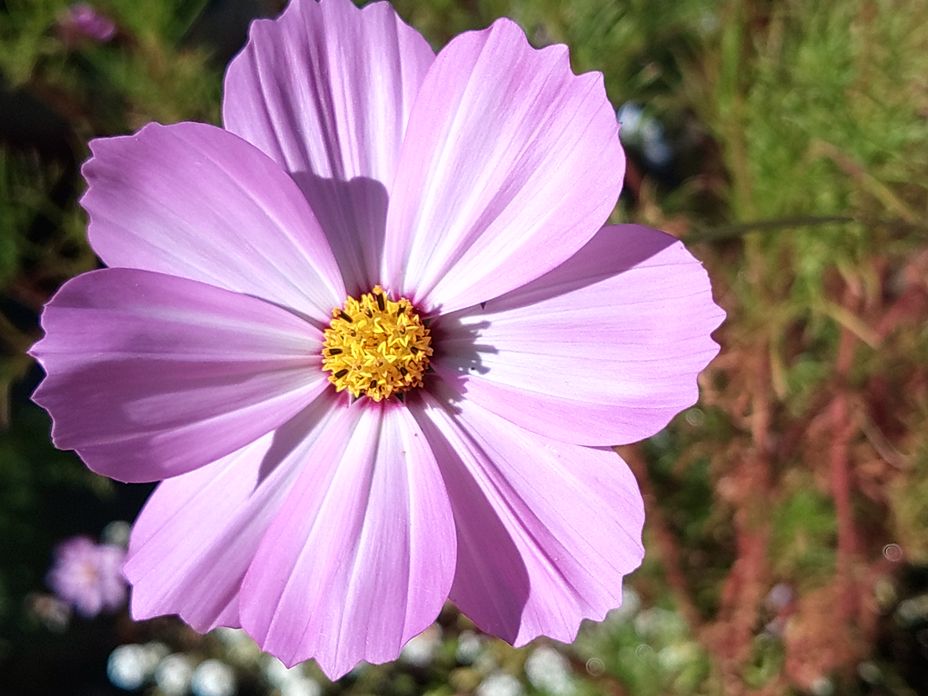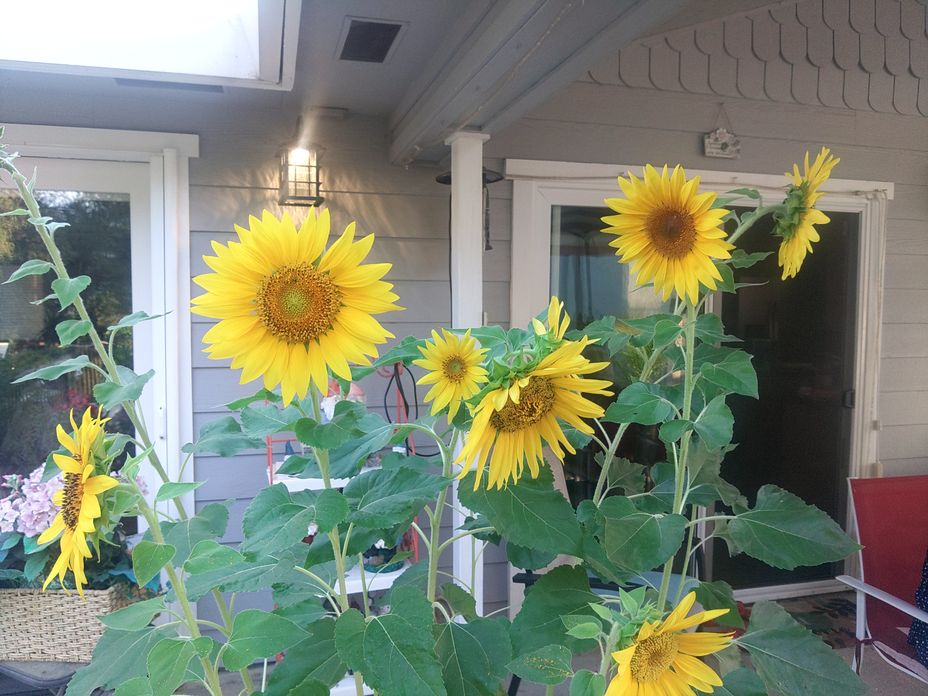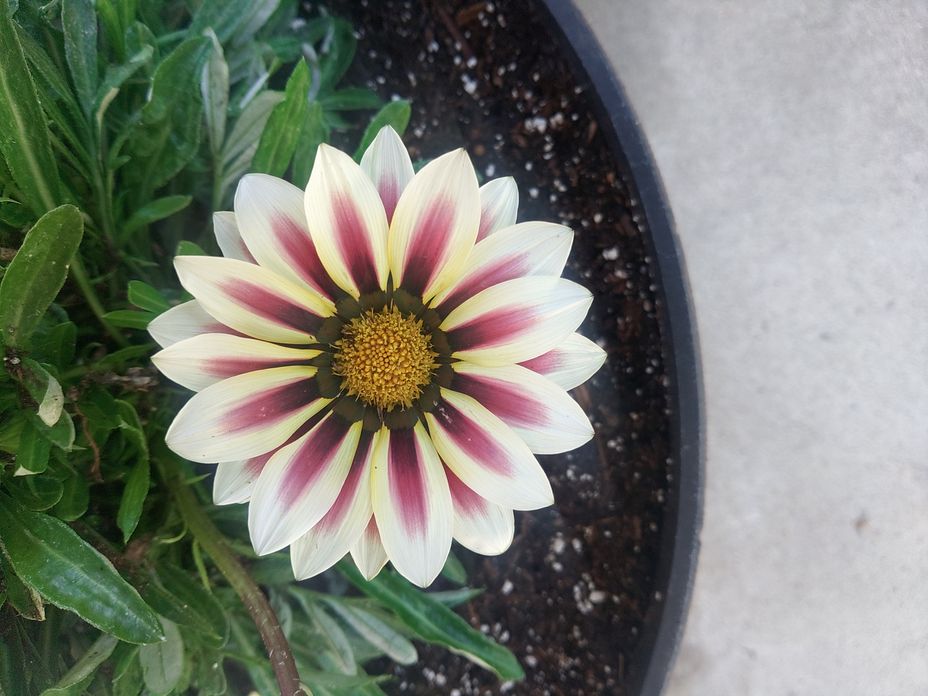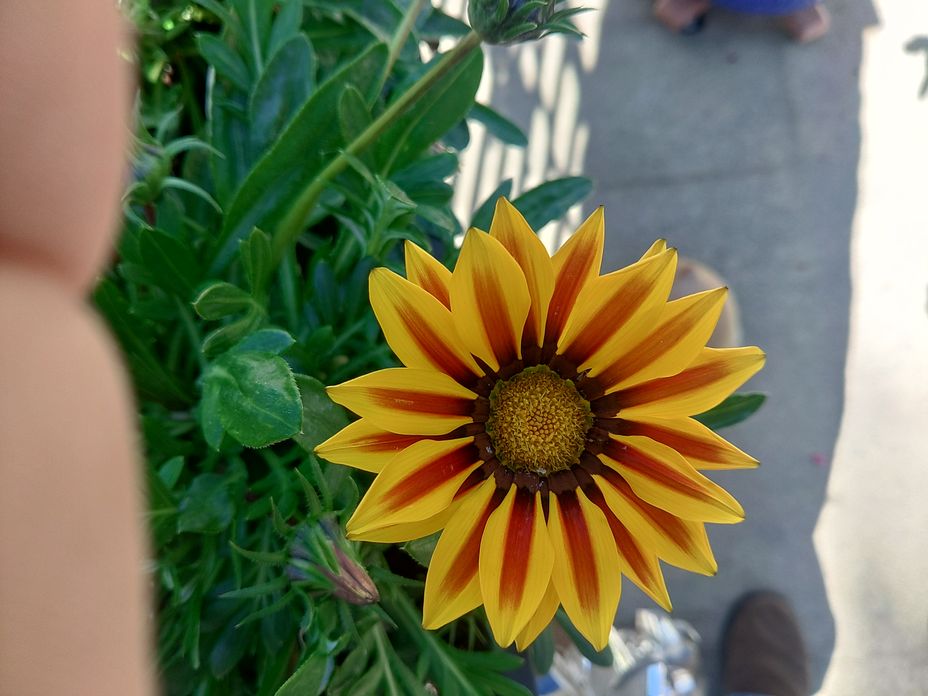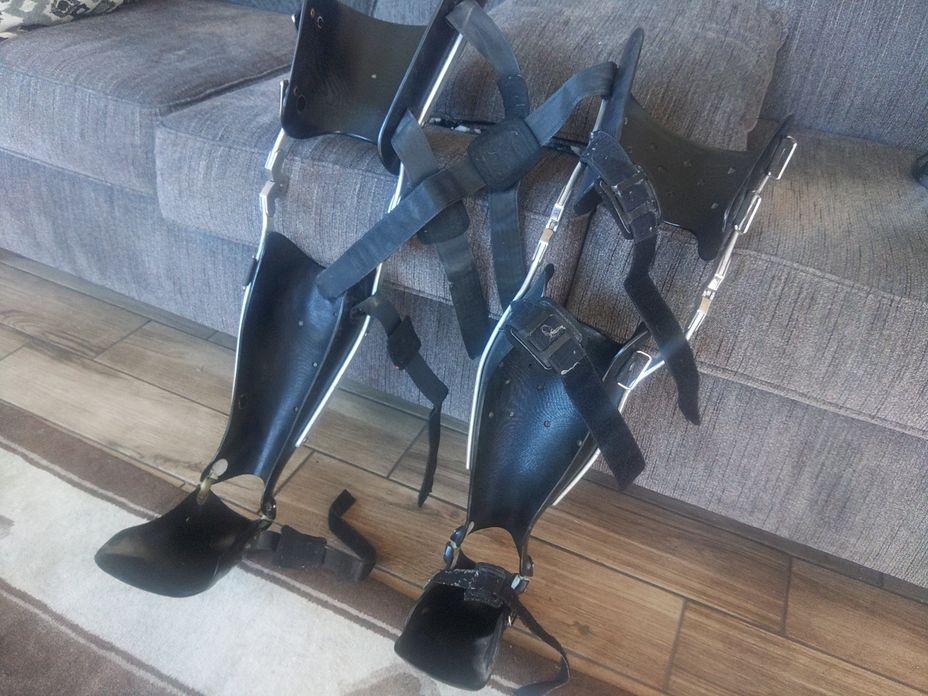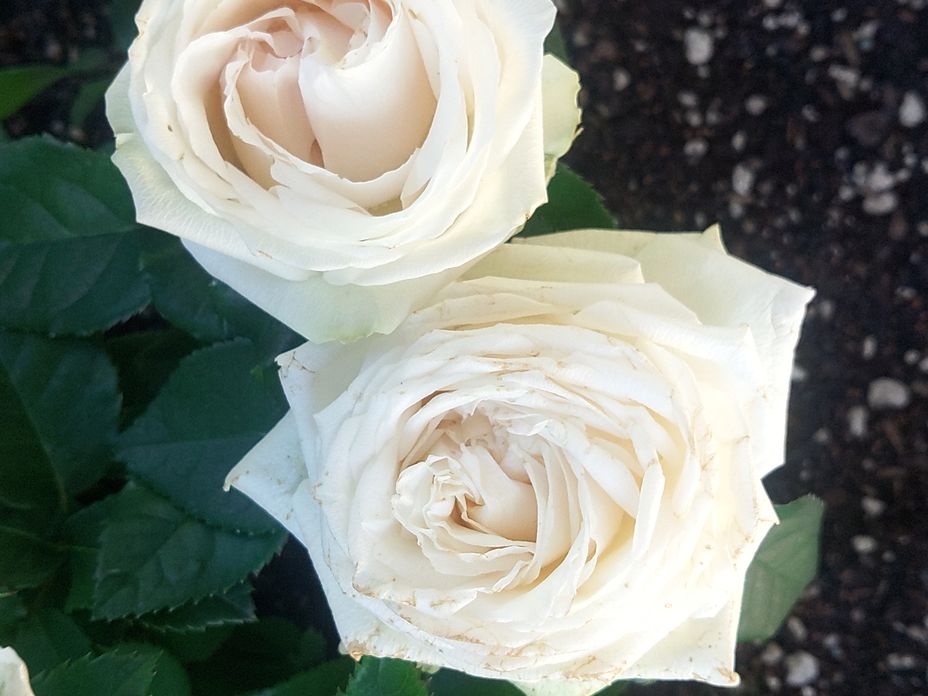Sometimes I look back on some of my relationships, the ones where they already had another boyfriend before they ended up dumping meeven my ex wife, and I think how cruel that actually is. My last relationship i gave it my all she had five kids and I helped her with Dr appointments taking the kids to school helping around her house and even in my condition but I did it for her kids it gave me a sense of purpose . Before I met her I was already disabled with 6 of the eight back surgeries already done she said had no problem with that
The relationship lasted eight months she was only using me until her supposed ex husband got out of jail. All the romance she threw my way and I reciprocated I was in heaven.
Long boring story but I am really starting to question who I am how could I let this woman walk all over me e and not see it coming. I consider myself not to be a dumbass but it wasn't only her i have let people do this to me for a long time even supposed good friends . What makes a human being be so stupid when it comes to being able to detect someone is hurting you? Maybe it's my low self esteem humble people are easy to con but I don't understand why I let it go so far 💙 #MDD #PeripheralNeuropathy #allidynia #dd d#Diabetes #Disability #hyperalges ia#MuscularDystrophy #RareDisease

